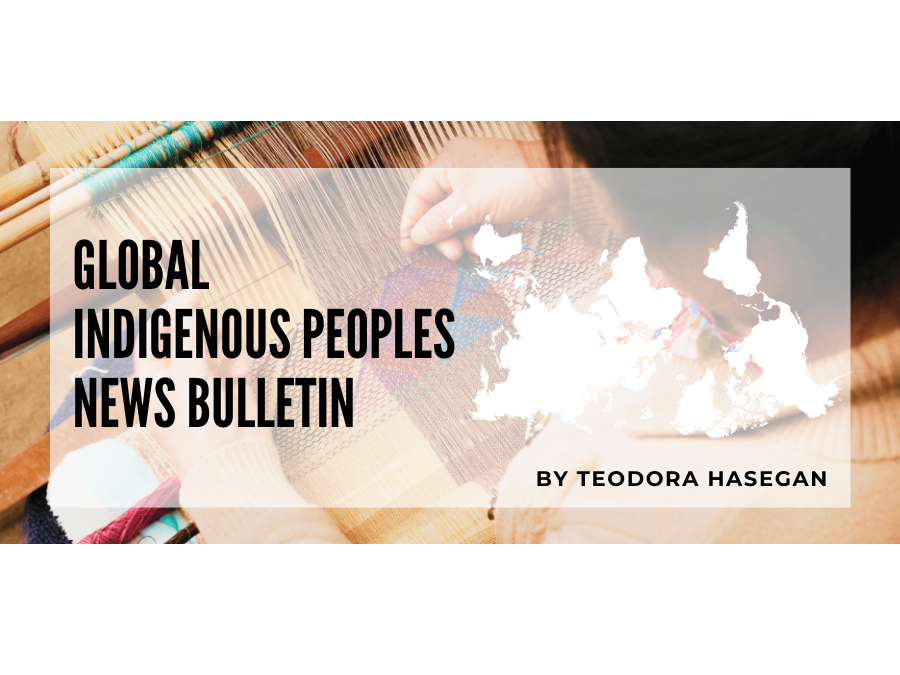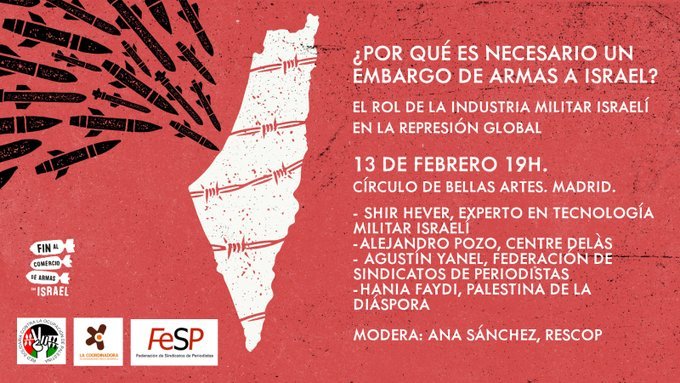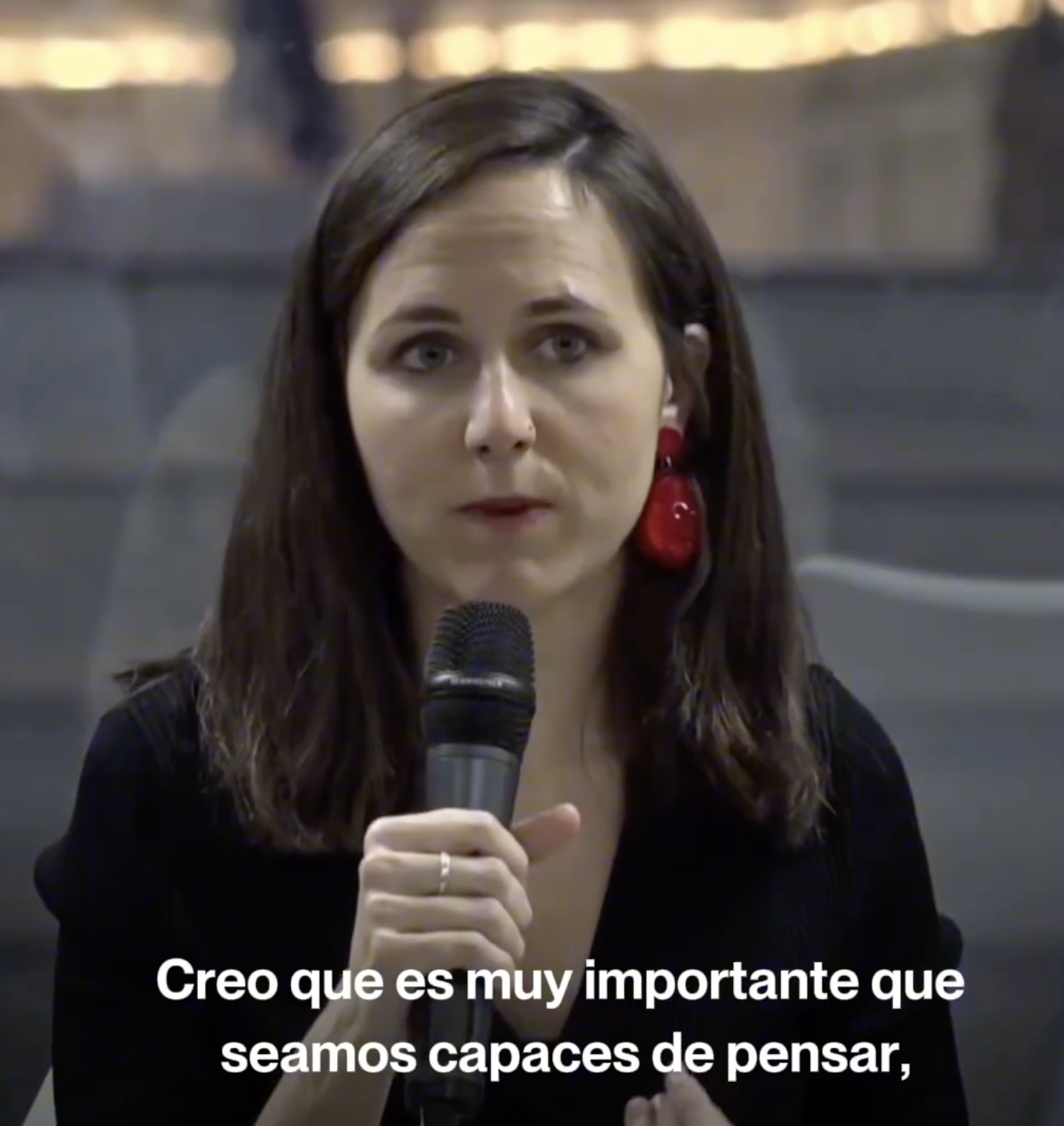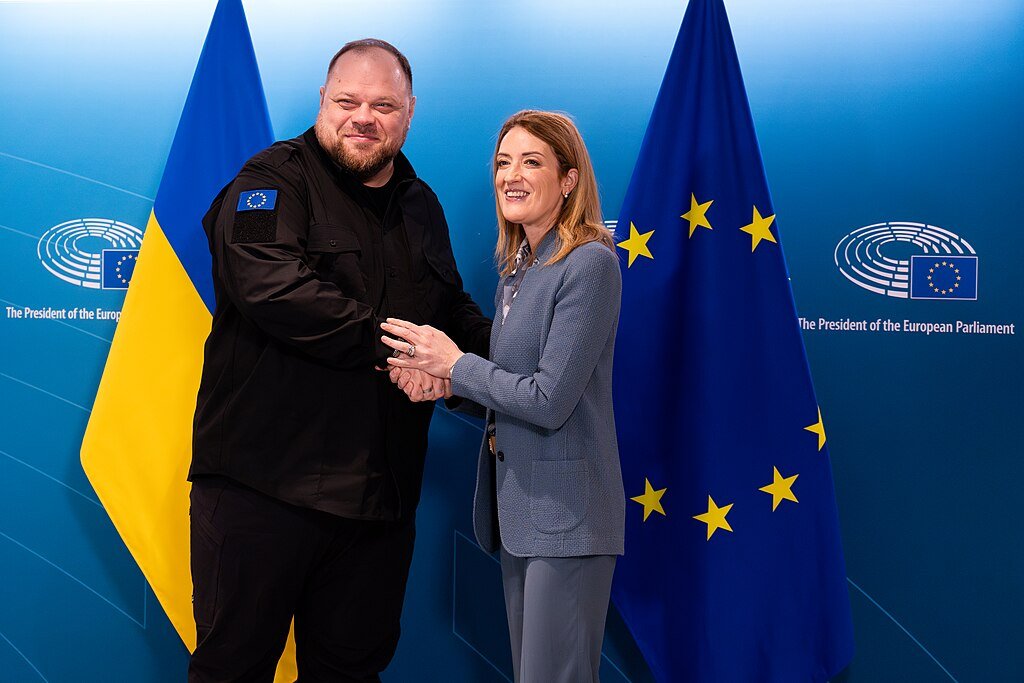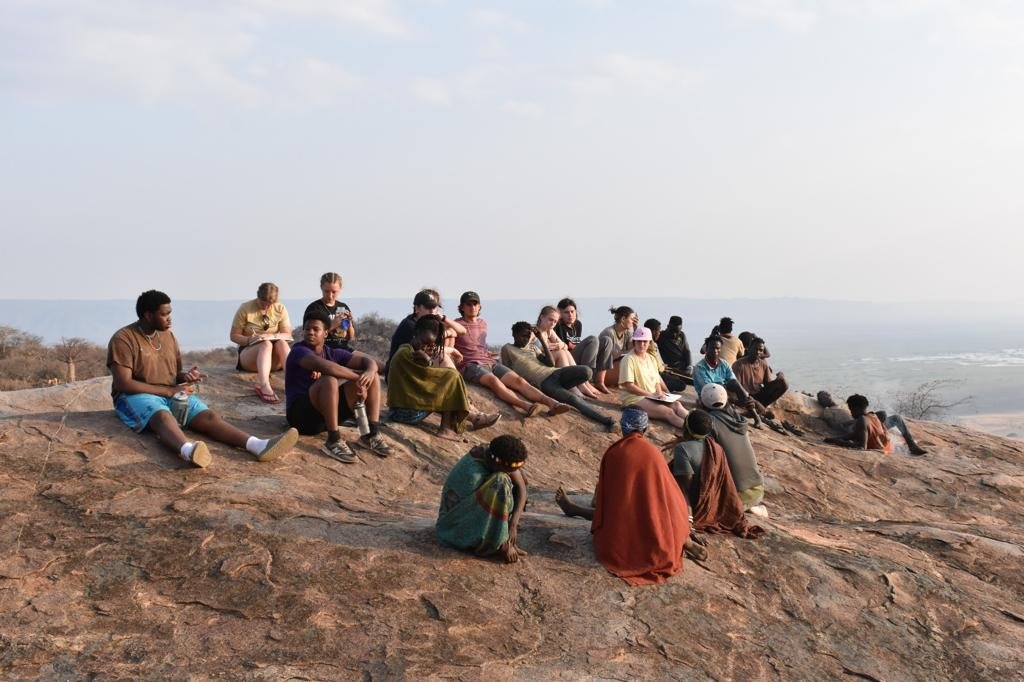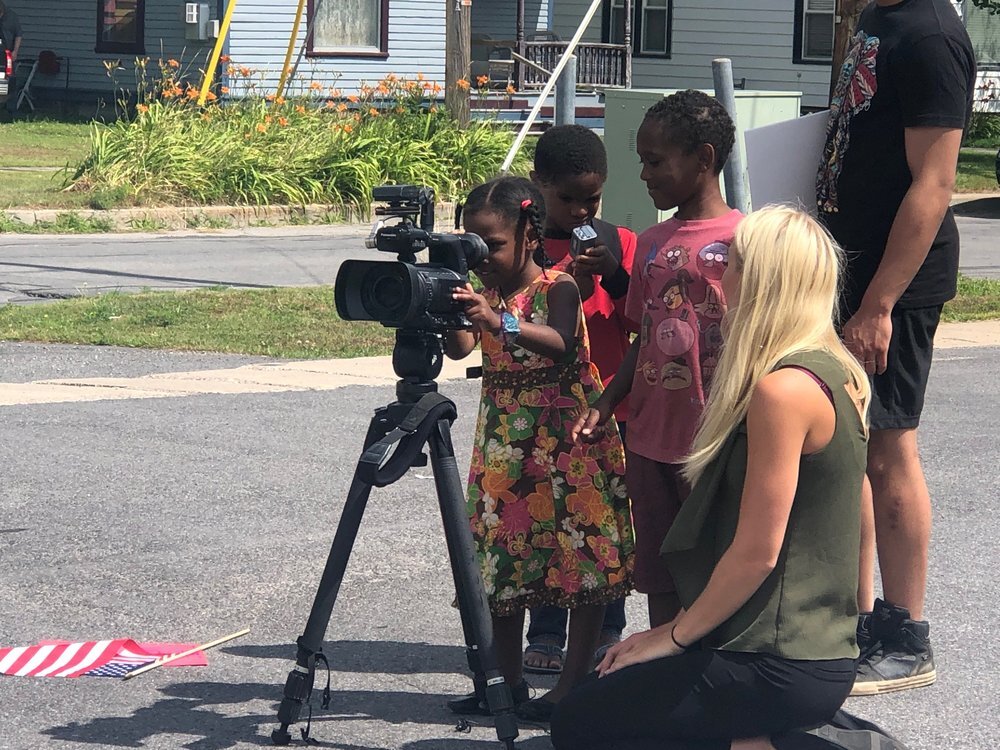
Stories
News

Analysis
Voices
Podcast
Announcements
Events

All Stories
The Case for Increasing Accountability in Development
By Khadeeja Hamid
Khadeeja Hamid aruges that a more robust accountability regime that places emphasis on downward, inward and horizontal accountability is crucial for the integration of human rights with development practice.
Journey Into the Unknown: One Professor's Take on a Community-Based Art Project
By Jessica Sierk
What happens when high school students in rural northern New York get the chance to speak for themselves, through art, about the pressures they are facing? Jessica Sierk describes the genesis and implementation of a unique community art collaboration bringing together students from Canton Central School and St. Lawrence University.
Iran's "Twitter Revolution" - Western Media's Flawed Coverage of the Green Movement
By Rob Williams
In this piece originally published by the Global Critical Media Literacy Project, Rob Williams and Emily von Wiese deconstruct the media narrative surrounding the role of Twitter in Iranian political protest.
Surviving PWIs for POCs: Two Too Many
By Jarrodd Davis
Jarrodd Davis on the Mayweather vs. McGregor fight: "What had I gotten myself into? We gathered in a white space to watch America’s race relations play out on a literal stage and in real time."
Misneach: A Call for Justice Through the Irish Language
By Darcy Best
In her latest installment for our Weaving the Streets project, Darcy Best checks in from Galway, Ireland, where street serves as a way to link the Irish language movement with broader political causes ranging from welcoming refugees to expressing solidarity with Palestinian hunger strikers.
Surviving PWIs for POC: Keeping Up Appearances
By Cordenne Brewster
"I still felt skepticism when someone told me there was no racism in Massachusetts, even after they had told me the white supremacists I had heard about '[weren’t] a big deal,'” Cordenne Brewster writes in the first entry of Surviving PWIs for POC, a new series from Weave News.
“They’ll Take the Sea From Us”: A Nautical Glimpse Into Palestine’s Colonial Confinement
By John Collins
“In the past, fishing was better, because we could go out 12 nautical miles and no one targeted us,” observes one of the young Gazan fisherman. “Now, it’s only six miles and there’s no fish there.” This basic fact - the literal shrinking of the space within which people in Gaza can engage in fishing without risking harassment and death at the hands of the Israeli military - lies at the core of “Six Miles Out,” a striking new video released on Facebook last week by the We Are Not Numbers project (whose work has been featured previously here on the Weave News site).
Covering the Margins, Part IV: Abstract Poverty in Ahmedabad
By Kali Villarosa
Poverty is universal. No matter where in the world, there are always discussions and debates surrounding the poor: individuals who are struggling economically and unable to maintain a comfortable livelihood. But the issue with the term “poverty” itself is that it remains an umbrella term; it moves the conversation away from the specific groups (whether defined by race, religion, ethnicity, or some other category) that make up an “impoverished” population and instead lumps them all together under the general category of “poverty.” This is a problem because different groups have different needs, yet most methods and discussions of poverty alleviation rarely take these distinguishing circumstances into account. In Part IV of her Covering the Margins series, Kali Villarosa investigates how this plays out in news coverage of urban marginalization in Ahmedabad, Indian.
Israeli Anti-Blackness, Part III
By Jimmy Johnson
Anti-Blackness is built into Zionism and brought from Europe to the colonial encounter, argues Jimmy Johnson. Part III of III.
The Pain of Waiting
By Karama Fadel
Despite the long coastline and the existence of seven crossings between its territory and Israel and Egypt, the Gaza Strip remains cocooned in a zone of isolation due to its neighbors’ punitive restrictions. Ships are not allowed by Israel to enter or leave, the lone airport was bombed in 2000, and no one may visit or exit by land without obtaining rarely given permission from the two countries’ military authorities...Thus, for Palestinians, trying to travel is arduous, slow and humiliating. But necessity knows no law, and we keep trying. Why? It’s about living with dignity and in peace. It’s about freedom. It’s about the health of our loved ones, uniting our families, studying for advanced degrees not available inside Gaza. There are multiple reasons why we insist on trying to travel, but the same ultimate goal.
Covering the Margins, Part III: Racial Normalization in Buffalo
By Kali Villarosa
In the third installment of her Covering the Margins project, supported by a fellowship from the NY6 Upstate-Global Collective, Kali Villarosa takes a close look at news coverage of problems affecting African American communities on Buffalo's East Side. She finds a significant difference between the coverage provided by the city's two most influential news outlets (WBFO and The Buffalo News, respectively), on the one hand, and the city's African American newspaper (The Challenger Community News), on the other. The latter outlet, she argues, "stands as the guide for what should be incorporated into the more mainstream outlets and also points us toward the realization that individuals themselves must question their news sources, their content, and the impact of these coverage patterns on their city."
'We Are Taught to Find Enemies': A Conversation with Peace & Justice Activist Jack Gilroy
By Chloe McElligott
Weave News correspondent Chloe McElligott speaks with Jack Gilroy, a Veterans for Peace member whose lifelong journey of social justice activism has taken him from military service to self-imposed exile in Australia to campaigns against militarism throughout the United States. Situating himself within the tradition of radical Catholic antiwar organizing, Jack finds hope in the "search for young people who are individuals with a sense of true justice, have a sense of morality, who are not on an ego-trip, who are not on a power trip, but are more concerned with reaching out with compassion and generosity to the world."
Covering the Margins, Part II: Promoting Buffalo Through Piecemeal Portrayals of Refugee/Immigrant Populations
By Kali Villarosa
In a period of increasing political contention and global displacement, the conversation around refugees, immigration status and documentation/legality has become more prominent within the news media. In the second installment of her Covering the Margins series exploring news coverage of marginalized populations in Buffalo, NY and Ahmedabad, India, Kali Villarosa examines how three news outlets in Buffalo have framed the story of refugee/immigrant populations in order to tell an especially celebratory story about the city itself.
‘War is a Failure’: A Conversation with John Casserly
By Chloe McElligott
It boggles my mind to think that the United States spends so much money and energy on war, a venture that always ultimately leads to destruction and death. Though it is debatable whether war is underreported (obviously, some wars are underreported, depending on who is fighting and dying), I do think the issues of peace movements aren’t discussed enough by the news media. This led to my desire to start interviewing pro-peace/anti-war veterans and creating miniature profiles of them, starting specifically with members of Veterans for Peace. These are people who, at some point, probably saw military service as one of the highest performances of patriotism. Eventually, however, they became disillusioned with the U.S. as a military power, and for me this gives their criticisms of war even more credibility.
A Space to Practice Practicing Space
By Sheila Murray
In her latest report for our Weaving the Streets project, Sheila Murray takes us to Practice Space, an innovative Boston space that focuses on "rigorous self-care" in order to "weave through its locality to strengthen a community."

